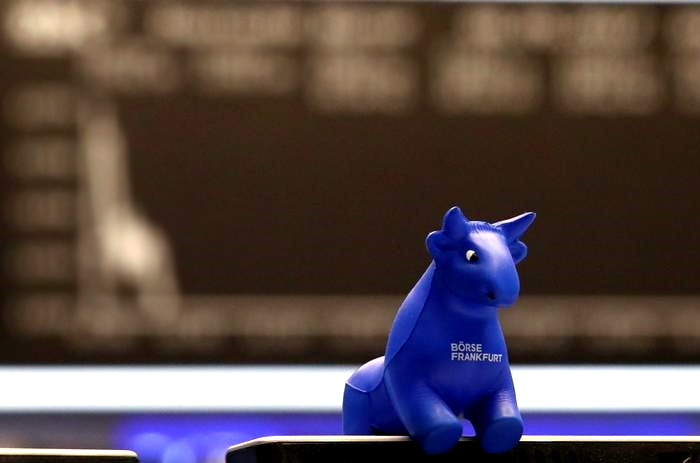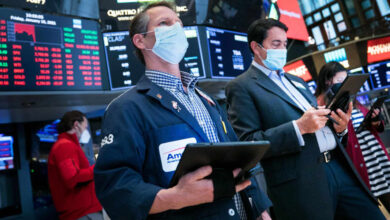European stock futures are going down; the focus is on Chinese PMI and Eurozone CPI data.

European stock markets are expected to start the new week on a bad note, with most of them going down when they open on Monday. This is because Chinese factory activity data were poor, and important Eurozone inflation data are about to be released.
At 3:00 ET (7:00 GMT), the DAX futures contract in Germany was down 0.6%, the FTSE 100 futures contract in the UK was down 0.4%, and the CAC 40 futures contract in France was up 0.2%.
The official purchasing managers index for Chinese manufacturing fell to 49.2 in October from 50.1 in September, according to data released Monday morning. This is because COVID-related lockdowns caused more problems and slowed things down.
Related: European stocks fall because of weakening commodity prices and mixed earnings.
China’s manufacturing sector went up unexpectedly in September but is now back in the “contraction” zone. This is a slow start to the fourth quarter for the world’s second-largest economy and a key export market for Europe.
Back in Europe, the focus will be on the Eurozone’s flash inflation estimate for October, which is expected to stay very high with a year-on-year increase of 10.2%.
Last week was the second time in a row that the European Central Bank raised interest rates by 75 basis points. At the time, it said that it planned to raise rates “further” as it continued to fight inflation aggressively. Still, there are some questions about how much the next increase in December will be.
In an interview with Dutch TV on Sunday, Klaas Knot, a member of the ECB’s governing council, said, “We will raise interest rates again by a large amount in December.” He added that the next increase was likely to be between 50 and 75 basis points.
German retail sales went up 0.9% on the month in September, but they went down 0.9% on the year, according to data released Monday. This was a pleasant surprise and is a good sign for the third quarter GDP data for the Eurozone as a whole, which will be released later in the session.
Away from Europe, the U.S. Federal Reserve will wrap up its two-day meeting on Wednesday. Interest rates are likely to go up by another 75 basis points before Friday’s jobs report.
Credit Suisse is likely to get a lot of attention in the business world after the Swiss bank announced details of its capital increase. Qualified investors have agreed to buy 462 million new shares at a price of 3.82 Swiss francs ($3.83) each, which will bring in 1.76 billion Swiss francs in gross proceeds.
On Monday, oil prices went down after weak data on business activity in China added to worries that a rise in COVID-19 cases in China will continue to hurt demand from the largest crude importer in the world.
Related: Investors are not happy with European stores this Christmas.
China’s crude oil imports dropped 4.3% from the same time last year to the first three quarters of this year. This is the first annual drop for this period since at least 2014, when strict COVID curbs hurt the economy.
By 3:00 ET, U.S. crude futures were down 0.9% to $87.15 a barrel, while the Brent contract was down 1% to $92.89.
Gold futures also went up 0.1% to $1,647.00/oz, while EUR/USD went down 0.1% to 0.9954.





